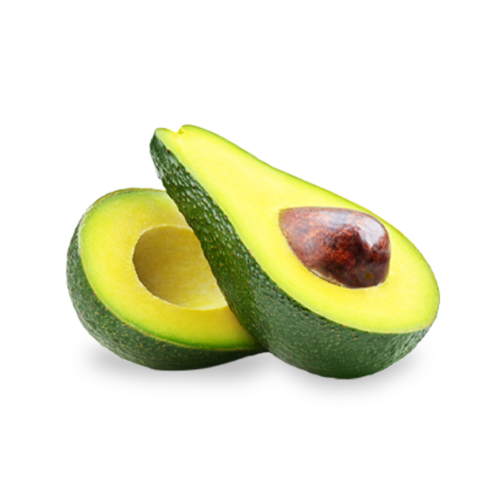
Avocado
Avocado (Persea Americana Mill.)
It is an evergreen, large-sized tree, with superficial root system, 8 to 20 m tall, of the Lauraceae family. In Greece it is cultivated mainly in Crete. Avocados, being a subtropical species, have special climatic requirements, with a warm climate and relative humidity of around 60-65 %. Hot winds and temperatures above 37 °C can cause fruit drop. Problems have also been observed at low temperatures (below -2°C), depending on the variety. Rational nutrition is one of the most effective factors to increase the growth and productivity of these trees. However, rational fertilisation is a combination of a number of factors and interactions. The nutrition programme should aim at optimising inputs, increasing yield, quality, while protecting the environment, soil fertility and the sustainability of the crop. Avocados have nutrient requirements of Nitrogen, Phosphorus and Potassium. Nutrient deficiencies have also been observed in elements such as Boron, Zinc, and Iron. In addition, the use of specific nutrient formulations – biostimulants – maximises the genetic potential of the crop, while ensuring that its resistance to abiotic stress is enhanced.




